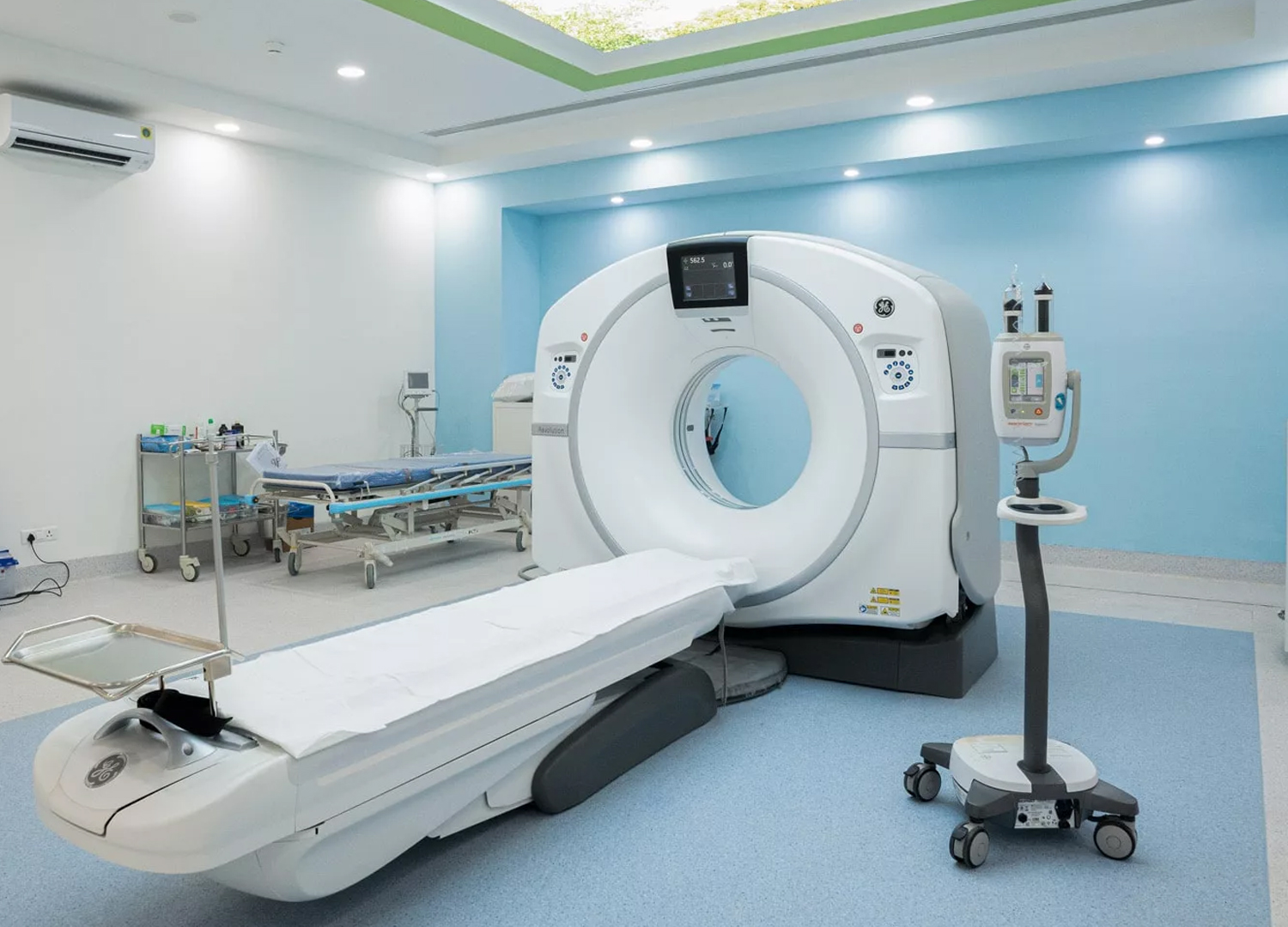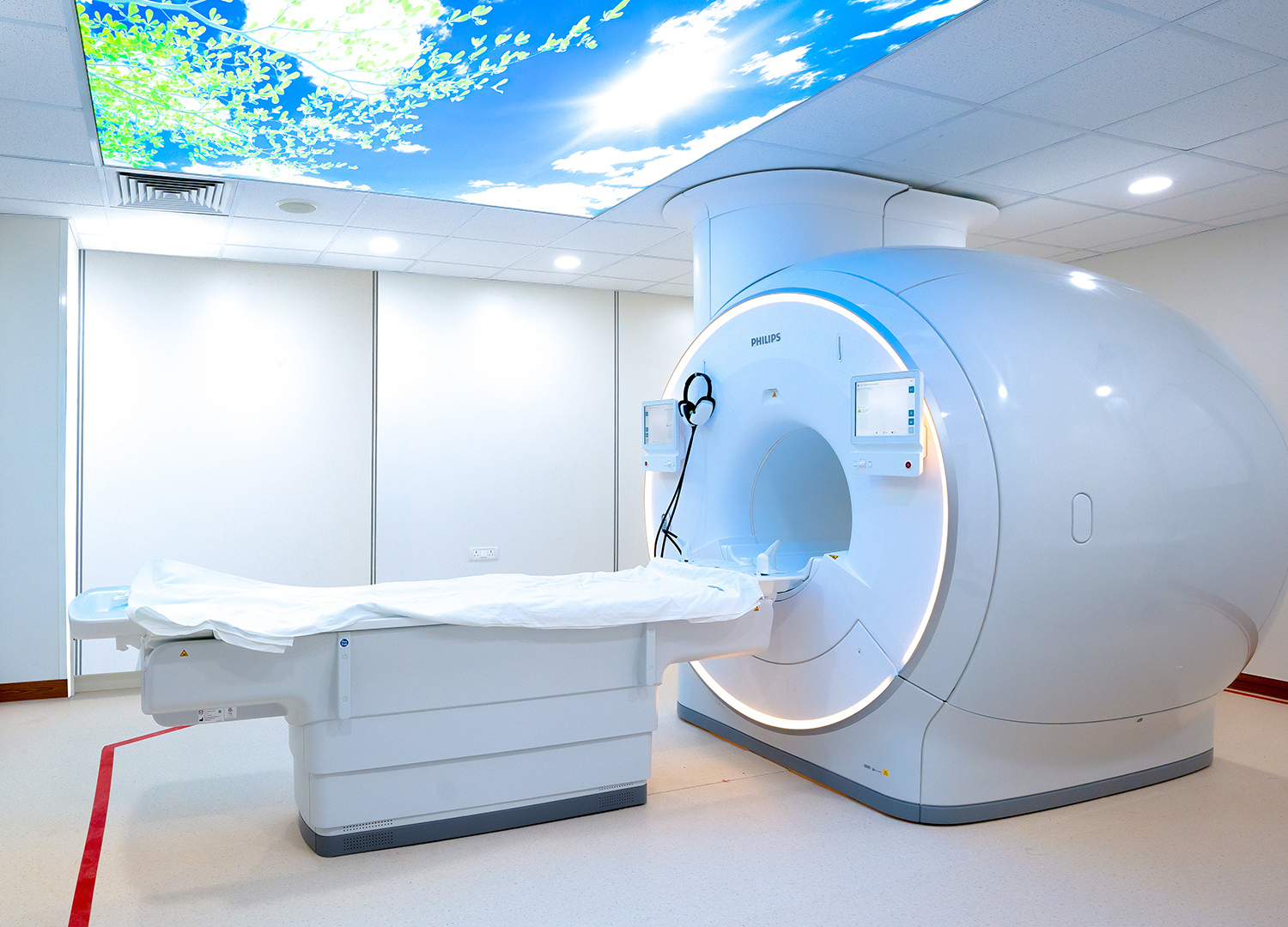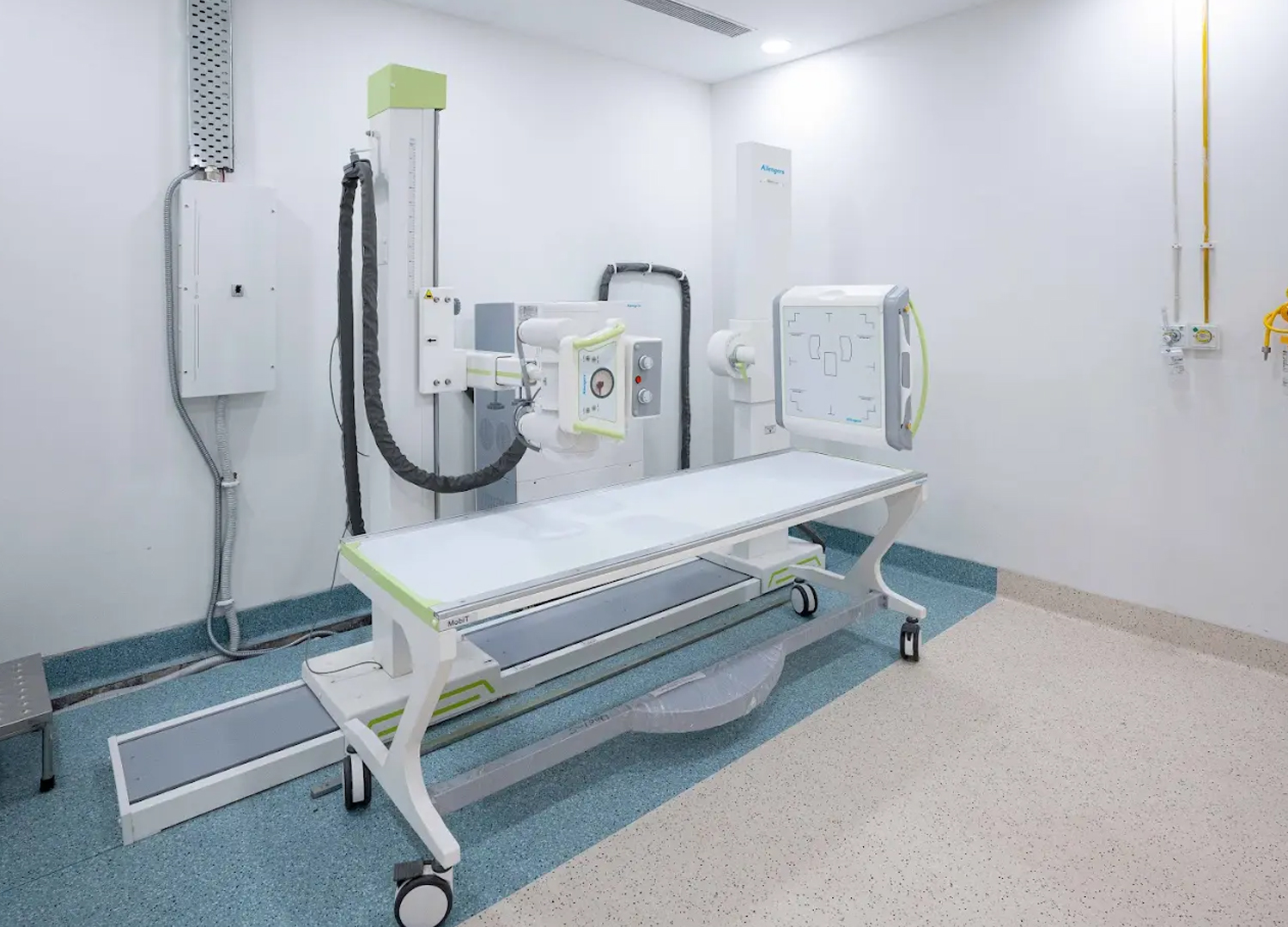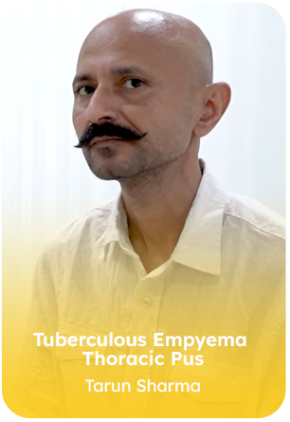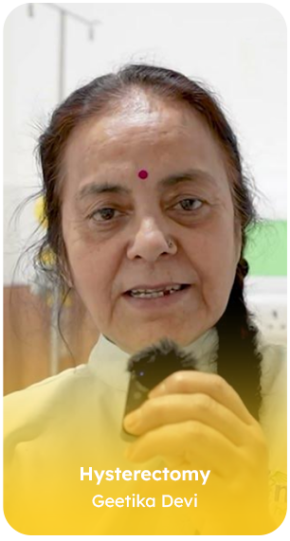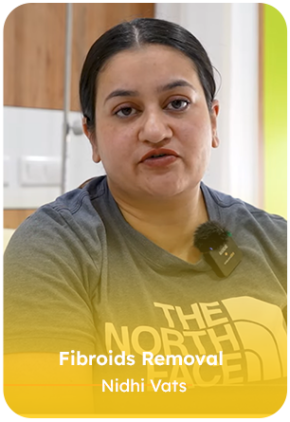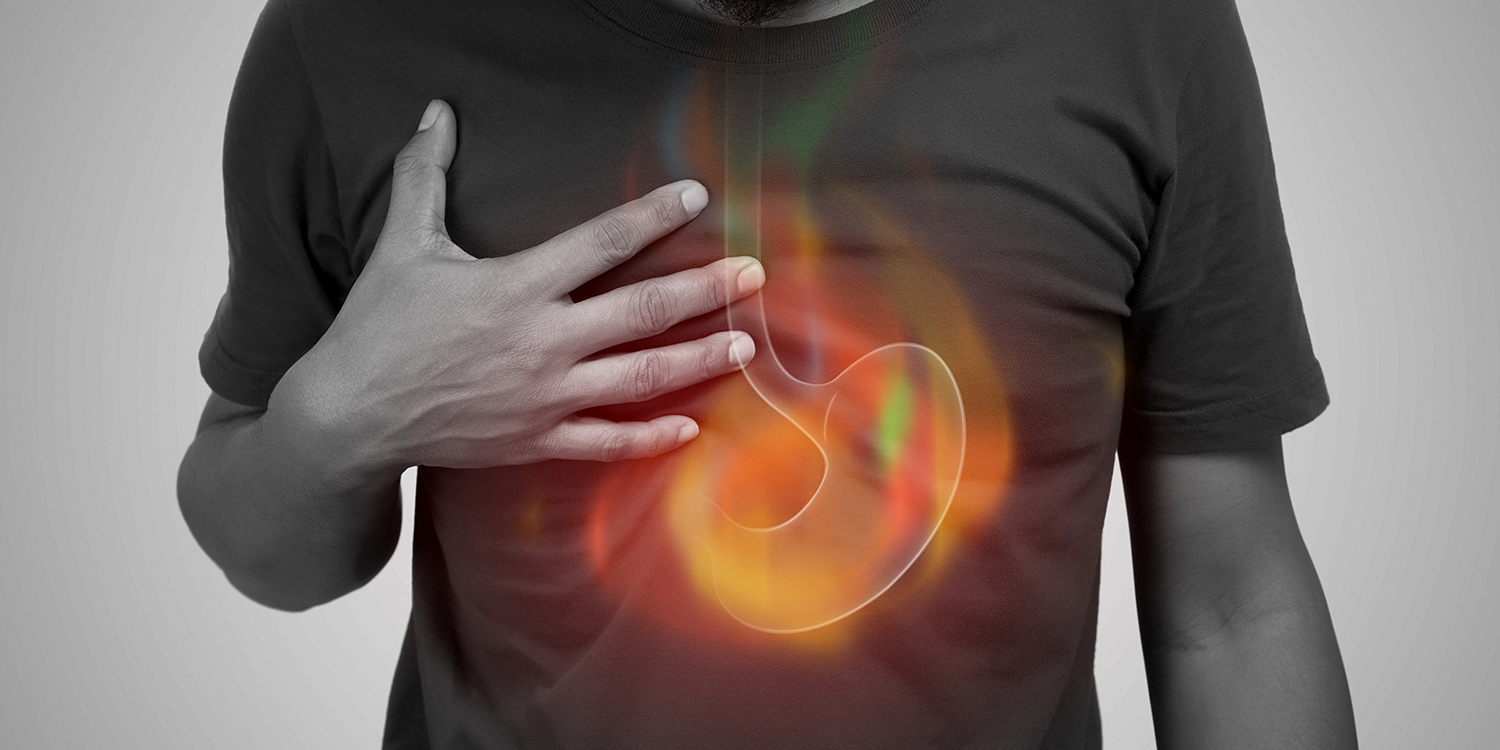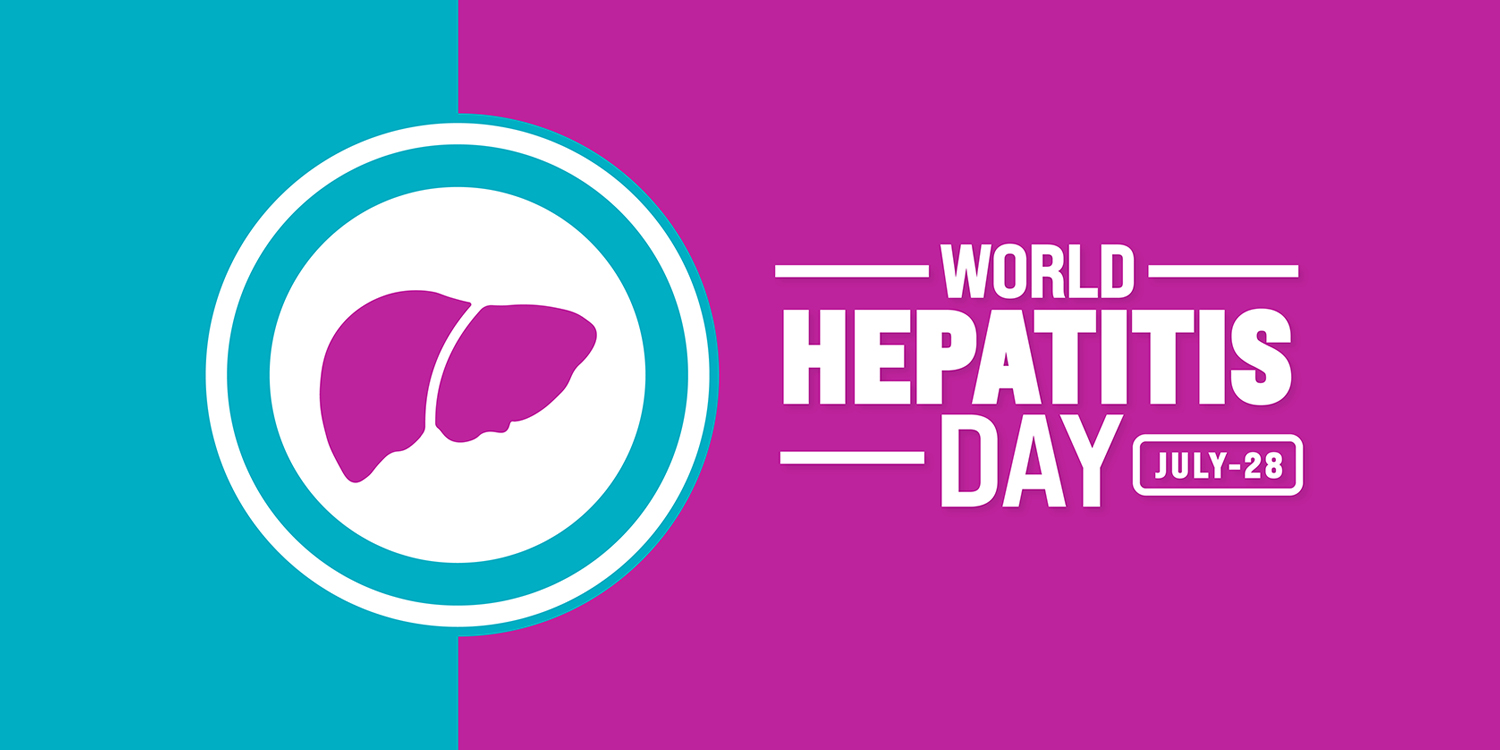At Graphic Era Hospital, our Department of Medical Gastroenterology is dedicated to diagnosing, treating, and managing a wide range of digestive system disorders, including conditions affecting the esophagus, stomach, intestines, liver, pancreas, and gallbladder. Our highly skilled gastroenterologists use advanced diagnostic techniques and minimally invasive procedures to provide patient-centric, precise, and effective care. Whether you need a routine check-up, specialized treatment, or emergency intervention, we ensure comprehensive gastroenterology services to help you achieve optimal digestive health and overall well-being. With state-of-the-art technology and a compassionate approach, we deliver world-class care tailored to each patient’s needs.
When to Consult a Gastroenterologist?
Digestive health plays a crucial role in overall well-being, and timely consultation with a gastroenterologist can prevent minor issues from developing into serious conditions. If you experience persistent digestive symptoms, it is essential to seek expert medical advice to ensure early diagnosis and treatment. You should consult a gastroenterologist if you have:
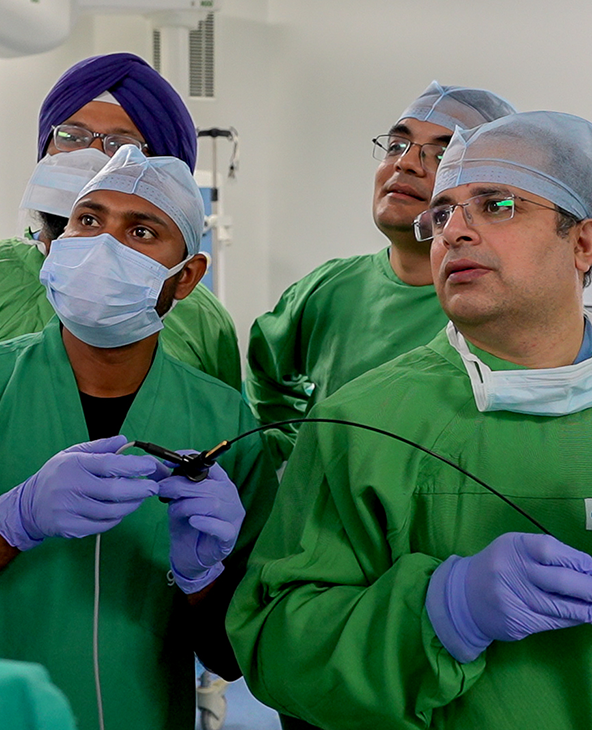
- Persistent heartburn or acid reflux: Could indicate Gastroesophageal Reflux Disease (GERD).
- Abdominal pain or bloating: May signal irritable bowel syndrome (IBS), ulcers, or food intolerances.
- Difficulty swallowing (Dysphagia): Could be due to esophageal disorders or structural abnormalities.
- Unexplained weight loss: Might be a sign of malabsorption, celiac disease, or gastrointestinal cancers.
- Chronic constipation or diarrhea: May indicate inflammatory bowel disease (IBD) or infections.
- Blood in stool or black-colored stool: Can be a symptom of internal bleeding, polyps, or colorectal cancer.
- Liver conditions such as jaundice: Often associated with hepatitis, cirrhosis, or fatty liver disease.
- Pancreatic pain or recurrent pancreatitis: Could suggest gallstones, pancreatic disorders, or cancer.
- Persistent nausea and vomiting: May indicate gastric motility disorders or gastrointestinal blockages.
- Family history of gastrointestinal diseases: Requires routine screenings and preventive care.
Understanding the Causes of Gastrointestinal Issues
Gastrointestinal problems can arise due to dietary habits, infections, underlying medical conditions, or genetic factors. Identifying the root cause helps in effective prevention, early detection, and appropriate treatment. Common causes of gastrointestinal issues:
- Poor Diet: High-fat, processed, or spicy foods can lead to acid reflux, bloating, and digestive distress.
- Infections: Bacterial, viral, or parasitic infections can cause food poisoning, gastritis, and diarrhea.
- Stress and Anxiety: Emotional health impacts gut function, often triggering IBS and acid reflux.
- Lack of Fiber: Low fiber intake leads to constipation and irregular bowel movements.
- Autoimmune Disorders: Conditions such as celiac disease and Crohn’s disease result from immune system dysfunction.
- Excessive Alcohol or Tobacco Use: Increases the risk of gastritis, ulcers, and liver disease.
- Genetic Predisposition: Some digestive disorders, like colon cancer or IBS, run in families.
- Long-Term Medication Use: Painkillers, antibiotics, and antacids can disrupt gut flora and cause digestive issues.
- Obesity and Sedentary Lifestyle: Can contribute to acid reflux, gallstones, and fatty liver disease.
- Aging: Digestive system changes with age, increasing the risk of diverticulosis, constipation, and acid reflux.
Doctors Available
Dr. Sachin Dev Munjal
Senior Consultant and Head
Gastroenterology, Hepatology and Advanced Endoscopy
Experience: 15 Years
Book An AppointmentWhy Choose Graphic Era Hospital for Gastroenterology Care?
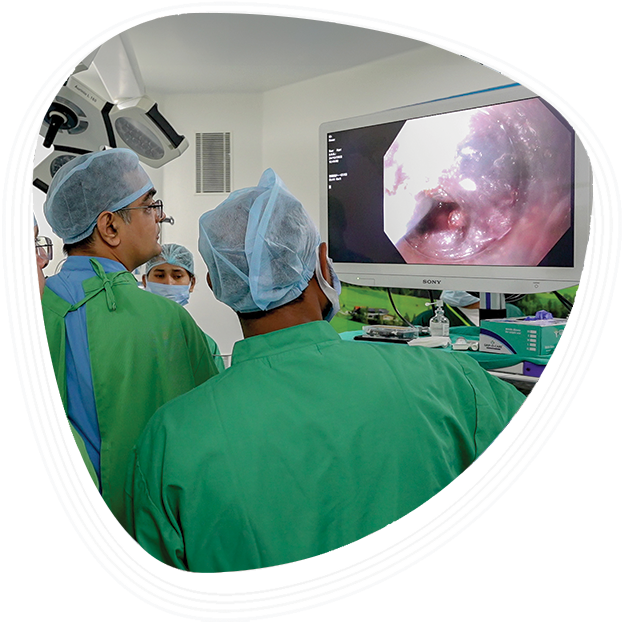
Comprehensive Gastroenterology Services Available at Graphic Era Hospital
At Graphic Era Hospital, we offer a full spectrum of gastroenterology services, from diagnostic procedures to advanced therapeutic interventions. Our state-of-the-art facilities and expert specialists ensure accurate diagnoses and effective treatment plans for all digestive health concerns.
Diagnostic Services
Our specialists use advanced imaging and endoscopic techniques to accurately diagnose gastrointestinal conditions. Key diagnostic services include:
- Advanced Diagnostic Endoscopy: Equipped with 190 scopes and Vio 3 cautery for high-precision imaging and diagnosis.
- Solid-State Manometry: For evaluating esophageal motility disorders with enhanced accuracy.
Advanced Therapeutic Procedures
Our minimally invasive procedures help treat complex digestive disorders with faster recovery times and minimal discomfort. We specialize in:
Third-Space Endoscopy & POEM/Z-POEM: Regional referral center for complex esophageal and gastric procedures, with over 40 successful cases.
Endoscopic Resection Techniques: Including EMR (Endoscopic Mucosal Resection), ESD (Endoscopic Submucosal Dissection), and FTRD (Full-Thickness Resection Device) for minimally invasive GI lesion and tumor removal.
Complex ERCPs: Expertise in managing complicated cases like hilar blockages, large stone removal, and metal stenting.
Interventional EUS Procedures:
- EUS-guided enteric drainage
- Hepatic gastrostomy
- Choledochoduodenostomy
- EUS-guided gastrojejunostomy for complex pancreatic and GI conditions
Innovative & Specialised treatments
- Lumen-Apposing Metal Stent (LAMS) Placements: For managing walled-off necrosis (WON) in severe pancreatitis cases.
- Coil Embolization: A precise technique for treating GI bleeding and vascular abnormalities.
Treatment of Digestive Disorders
We provide comprehensive treatment plans for a range of gastrointestinal conditions, including:
- GERD and acid reflux management with lifestyle modifications, medications, and endoscopic procedures.
- Pancreatitis - a condition where the pancreas becomes inflamed, causing severe abdominal pain, digestive issues, and potential complications if not treated promptly
- Irritable Bowel Syndrome (IBS) - a common digestive disorder causing abdominal pain, bloating, and changes in bowel habits, affecting daily life and well-being.
- Ulcerative Colitis (UC) - It’s a chronic inflammatory bowel disease (IBD) that affects the lining of the large intestine (colon) and rectum
- Liver disease treatment, including hepatitis and fatty liver disease management.
Nutritional Counseling & Preventive Care
A healthy digestive system begins with the right diet and lifestyle. We offer:
- Nutritional counseling for patients with food intolerances, IBS, and malabsorption disorders.
- Screening programs for colorectal cancer and early detection of gastrointestinal diseases.
- Personalized dietary plans for liver disease, obesity-related conditions, and digestive health.
Advanced Gastroenterology Procedures: Key Tests and Treatments
Advanced Endoscopic Procedures:
- POEM/Z-POEM (Peroral Endoscopic Myotomy): For treating achalasia and esophageal motility disorders (40+ successful cases).
- Third-Space Endoscopy: Minimally invasive procedures for complex esophageal and gastric conditions.
Endoscopic Resection Techniques:
- EMR (Endoscopic Mucosal Resection): For removing early-stage GI cancers and precancerous lesions.
- ESD (Endoscopic Submucosal Dissection): Precise, minimally invasive tumor resections.
- FTRD (Full-Thickness Resection Device): For removing deeper GI lesions without open surgery.
ERCP (Endoscopic Retrograde Cholangiopancreatography) for Complex Cases:
- Hilar Blockage Management: Treating bile duct obstructions with precision.
- Large Stone Removal: Advanced techniques to extract difficult-to-reach gallstones.
- Metal Stenting: For bile duct and pancreatic duct obstructions.
Interventional EUS (Endoscopic Ultrasound) Procedures:
- EUS-Guided Enteric Drainage: For relieving intestinal obstructions.
- Hepatic Gastrostomy: Creating a pathway between the liver and stomach for drainage.
- Choledochoduodenostomy: Connecting the bile duct to the duodenum to bypass obstructions.
- EUS-Guided Gastrojejunostomy: A minimally invasive solution for gastric outlet obstructions.
Innovative Treatments for Pancreatic & GI Conditions:
- LAMS (Lumen-Apposing Metal Stent) Placement: For draining walled-off necrosis (WON) in pancreatitis.
- Coil Embolization: For managing GI bleeding and vascular malformations.
Top Procedures
- Peroral endoscopic myotomy (POEM)
- EUS-guided Hepaticogastrostomy (EUS-HGS)
- Endoscopic Mucosal Resection (EMR)
- EUS-Guided Gastrojejunostomy
- Endoscopic Submucosal Dissection (ESD)
- Lumen-Apposing Metal Stent (LAMS)
- Full-Thickness Resection Device (FTRD) Procedures
- EUS-Guided Gastric Coil Embolization
- EUS-Guided Antegrade Stenting (EUS-AGS)
- EUS-guided Choledochoduodenostomy (EUS-CDS)
- Metal Stent Placement
- Laparoscopic Cholecystectomy
- Z-POEM (Peroral Endoscopic Myotomy)
- Gallbladder Cancer Surgery (Laparoscopic & Open)
- Gastric Cancer Surgery (Gastrectomy)
- Laparoscopic Sleeve Gastrectomy
- Gastric Bypass Surgery
- Laparoscopic Appendectomy
- Laparoscopic Splenectomy
- Splenorenal Shunt Surgery
Gastrointestinal Conditions Treated at Graphic Era Hospital
At Graphic Era Hospital, we specialize in diagnosing and treating a wide range of complex gastrointestinal conditions with advanced medical expertise and state-of-the-art technology. Our experienced gastroenterologists provide personalized care for:
Advanced Diagnostics & Technology
- Offers high-resolution imaging for detailed blood vessel analysis, aiding in accurate diagnosis and treatment planning.
- Delivers advanced imaging with high resolution for clear, detailed views of soft tissues, ensuring precise diagnostics.
- Provides high-quality, detailed radiographic images for accurate diagnosis with minimal exposure to radiation.
Other Specialities
Patient Stories
Blog
Frequently Asked Questions (FAQs)
What are the common symptoms of digestive disorders?
Common symptoms include abdominal pain, bloating, acid reflux, nausea, vomiting, diarrhea, constipation, unexplained weight loss, and blood in stool. Persistent symptoms should be evaluated by a gastroenterologist.
When should I get a colonoscopy or endoscopy?
A colonoscopy is recommended for patients above 45 years old for colon cancer screening or those with rectal bleeding, changes in bowel habits, or unexplained abdominal pain. An endoscopy is advised for persistent acid reflux, difficulty swallowing, or stomach ulcers.
What are the treatment options for acid reflux (GERD)?
GERD can be managed with lifestyle changes, dietary modifications, medications (antacids, proton pump inhibitors), and in severe cases, surgical interventions like fundoplication.
Can digestive disorders be prevented?
Yes, maintaining a healthy diet, staying hydrated, avoiding excessive alcohol and smoking, managing stress, and exercising regularly can help prevent many digestive issues.
What are the signs of liver disease?
Symptoms of liver disease include jaundice (yellowing of skin/eyes), fatigue, dark urine, abdominal swelling, nausea, and unexplained weight loss. Early detection through blood tests and imaging can help manage liver conditions effectively.

